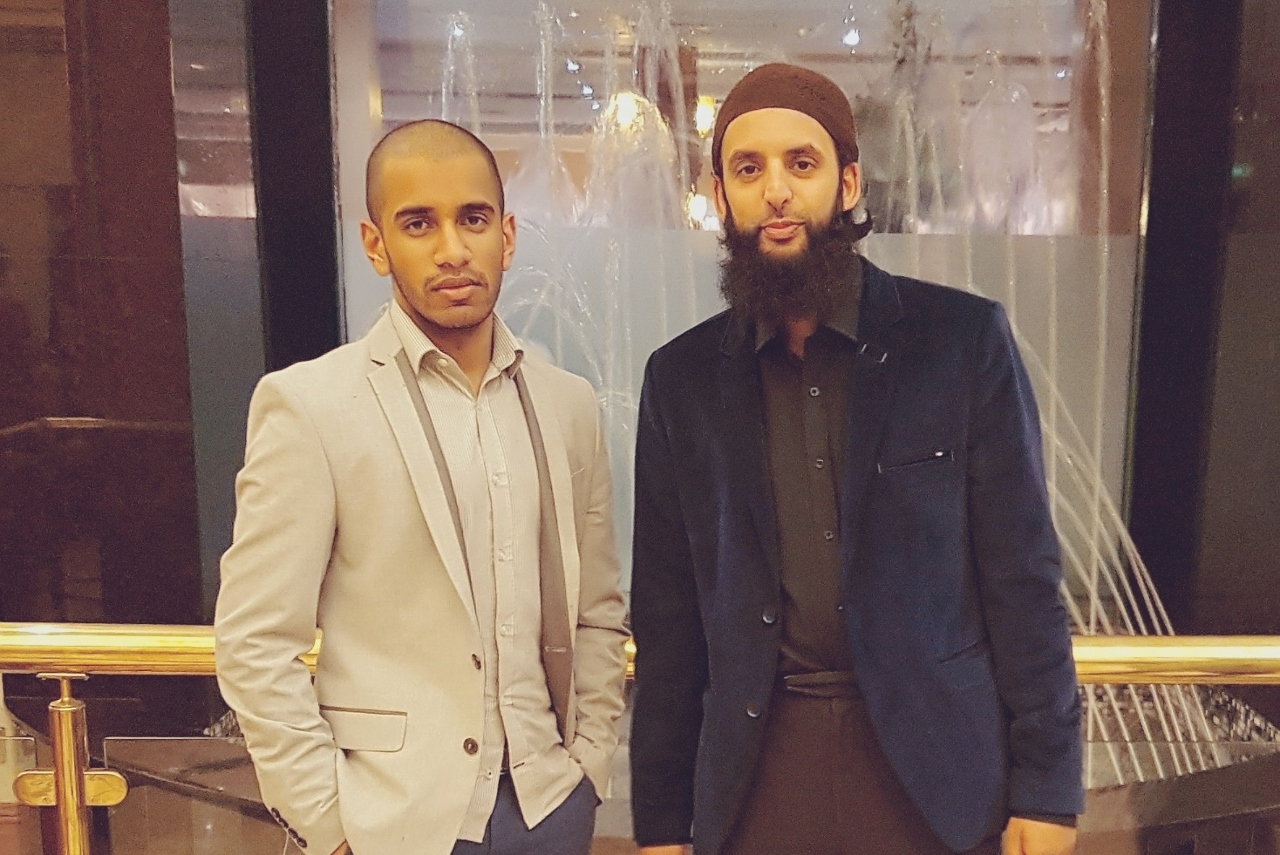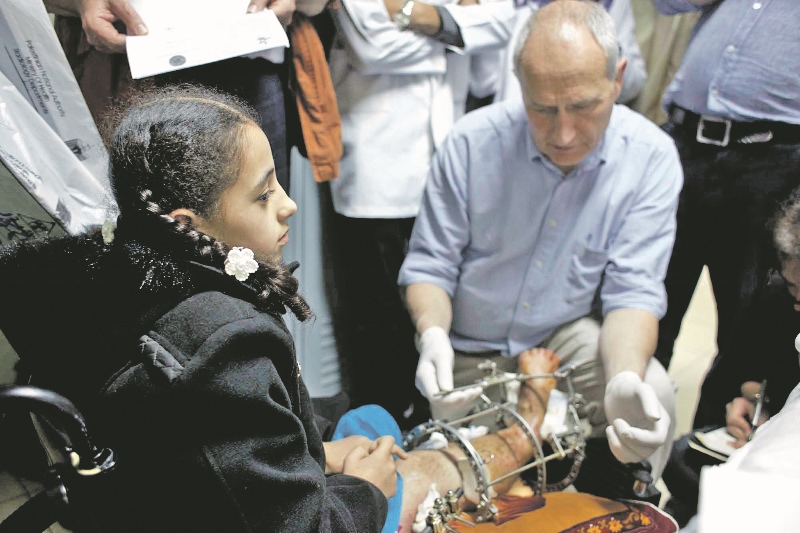
A major new report has exposed the scale of discrimination, exclusion and emotional distress experienced by Muslim women working across the British media industry, with many considering leaving the sector entirely.
The report, ‘Muslim Women in Media: Breaking Barriers, Bearing the Burden’, published by the Centre for Media Monitoring (CfMM), is the first large-scale study of Muslim women in UK journalism. It draws on the testimonies of 102 women working across broadcast, print, and digital media, revealing patterns of Islamophobia, stereotyping, and professional marginalisation.
Among the most alarming findings: 85% of respondents said they had considered leaving the media industry due to the coverage of Israel’s war on Gaza, while 86% reported a decline in their mental health as a result.
Key Findings
- 92% said negative views about Islam and Muslims are embedded within media organisations
- 72% experienced direct discrimination linked to their Muslim identity
- 86% said coverage of the Gaza war negatively impacted their mental health
- 85% questioned their future in media following October 7th reporting
- 60% have considered leaving the industry altogether
- 81% believe Muslim women are unfairly represented in the media
- 35% are dissatisfied with their roles, citing tokenism and lack of progress
More than 90% said negative attitudes towards Muslims were embedded within media organisations. The report describes Muslim women being treated as token hires for diversity optics, then excluded from editorial decision-making and advancement.
The Gaza war emerged as a “breaking point” for many, with several women recounting how expressing empathy with Palestinians or raising concerns over biased coverage led to isolation, silencing or threats to job security.
One respondent described feeling “ashamed to be a journalist,” while another said newsroom narratives were “straight out of the Israeli army playbook.”
Hijab-wearing journalists reported heightened scrutiny, with visible Muslim identity often being conflated with political bias. One said: “I face Islamophobia every day.
The newsroom doesn’t feel safe.” Women described being hired to source “diverse” voices but denied permanent roles or promotion.
Others said they were limited to reporting on so-called “Muslim stories” with little agency over content.
The report finds that diversity rhetoric within the media often masks systemic exclusion. “Representation isn’t enough,” said Mehreen Khan, Economics Editor at The Times. “The real issue is retention. Getting Muslim journalists into decision-making roles – that’s the test.”
More than 60% of respondents said they were actively considering leaving journalism. Many described suffering from burnout, anxiety and stalled careers. A majority felt they were being asked to “blend in” or downplay their identity to survive professionally.
The Centre for Media Monitoring warns that British journalism is facing a retention crisis. It calls for urgent structural reform: equitable pay, editorial inclusion, formal protections during political crises, and mental health support, to prevent the further loss of Muslim women from the industry.
“This report is both a warning and a roadmap,” said CfMM director Rizwana Hamid. “If the media wants to reflect the society it claims to serve, it must not only include Muslim women, but empower them.”















